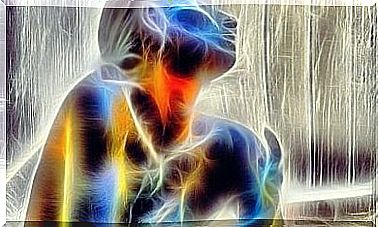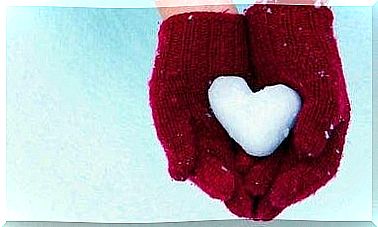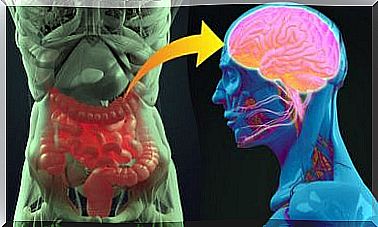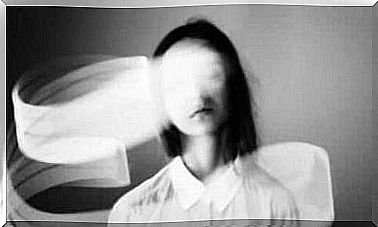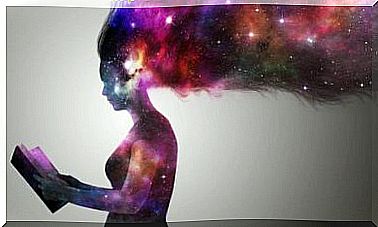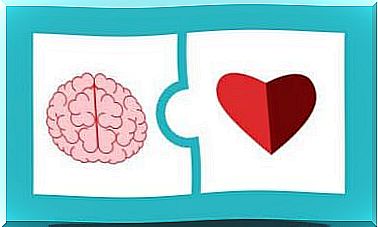Physical Symptoms Of Depression: What Is Your Body Telling You?
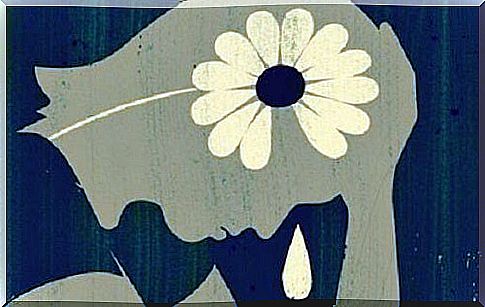
The physical symptoms of depression are accompanied by psychological symptoms. Yet many people very often pay more attention to their physical fatigue, headaches, back pain or insomnia.
The physical symptoms of depression are the ways in which the brain tells us that something is not right. This complex disorder not only changes mood and thoughts.
Another typical feature of depression is how it affects your body. It is associated with pain, fatigue, inflammation and sleeping problems. Few conditions change the body in such an intense way as depression.
Mental pain exists. It is also really responsible for many physical illnesses. Yet we find it easier to complain about backaches, headaches and stomachaches than to say something dramatic like “life hurts”. If there’s one thing we know as humans, it’s that our reality can be complicated and painful at times.
Deep emotional turmoil
Failures, loss, disappointments and not knowing what to do or how to react to something bring suffering. In fact, it often happens that we experience deep emotional turmoil without knowing why.
We just don’t know how to explain it. We can’t think of a specific reason either. As you can see, depression has many different facets.
However, one thing is very common. People experience an exhausting combination of anxiety and depression. Patients who experience this usually describe this condition as feeling anxious and extremely fatigued at the same time.
They then want to be alone but are afraid of loneliness. They want to escape but can’t because they feel paralyzed.
Living with depression or another disorder is difficult for everyone. Nevertheless, it is necessary to study the anatomy of these disorders. That way we will better understand what we are confronted with.
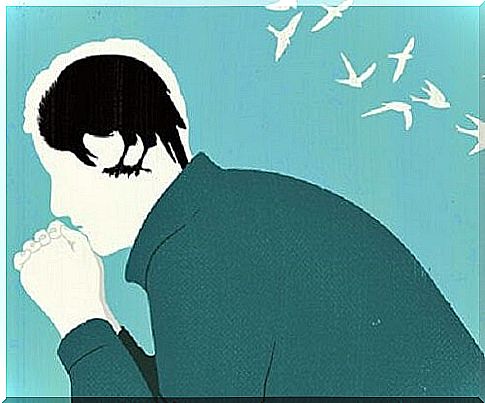
The Physical Symptoms of Depression: A Body in Pain
Depression hurts. We can define it in many ways: a paralyzing state, negative and even harmful thoughts, anxiety, fear, sadness, apathy and discouragement. Yet people do not often openly express depression. Depression is primarily a recurring feeling of pain that can be both physical and emotional.
The University of Texas Dell Medical School conducted a study in 2004. The results of this study support what we have already mentioned above. Depression often results in physical symptoms. All this symptomatology is actually manifested by the pain or by a biological change.
dr. Madhukar H. Trivedi was responsible for this research. He revealed that many patients go to their primary health care center with complaints of headaches, digestive problems or back pain without knowing that these are all physical symptoms of depression.
Tiredness, heaviness and general pain
Everything is heavy. Everything hurts. The body also becomes lifeless. The patients feel as if they are living in an oppressive diving suit. Most people with major depressive disorder experience these things.
dr. Steven Targum, director of Massachusetts General Hospital, made the following statement in that study. Depressed people can’t even benefit from a good night’s sleep. Even though they sleep more than twelve hours, they still feel exhausted.
Backache
If we have to mention one classic pain associated with depression, it is definitely back pain. You are probably wondering what the connection is between back pain and depression. We refer you to a 2016 study by Emory University.
These were the findings:
- There is a connection between the inflammatory pathways and the neural circuits of the brain when they sense an alarm signal, fear and anxiety.
- There is a reaction, a weakening of the immune system and an inflammatory reaction that is mainly in the spine, nerves and vertebrae.
Greater sensitivity to pain
Another example of physical symptoms of depression has to do with our pain threshold. Suddenly everything becomes painful. This can include a touch, a light blow, changes in temperature and different types of clothing. Our skin and our receptors become much more sensitive and thus suffer more.
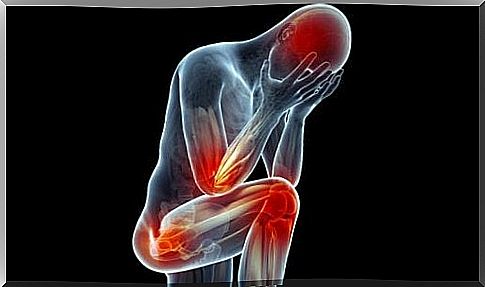
Digestive Problems
People with major depressive disorder also regularly suffer from all kinds of digestive problems:
- cramps.
- A slow digestion.
- The irritable bowel syndrome.
- Stomach ache.
- A persistent feeling of fullness.
A study from Harvard University has shown that it is important to always consider the existing relationship between our brain and our digestive system.
Factors such as stress, anxiety, fear, anxiety and sadness trigger a series of changes that go from the esophagus all the way down to the colon.
Eye problems
This is a very serious fact. After all, patients can suffer from a minor eye condition. They then have a hard time focusing on certain objects. In addition, many of these objects may appear blurry. In addition, they also experience a slight problem in distinguishing between white and black.
Studies such as the Harvard University study show that people with depression have a more monochromatic world. The colors gray and blue are beginning to abound. This is a very striking fact.
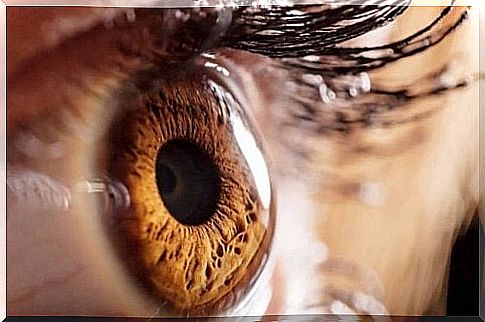
As you can see, there are many physical symptoms of depression. However, it is important that we remember that all these discomforts must occur together with a series of emotional and cognitive changes. Only then can we shape the clinical picture of depression.
The mental health professionals will decide how we treat the depression. It is also fundamental that we remember that all types of depression are treatable.
Once the person experiences an improvement, most of these physical symptoms will disappear. When the mind finds peace, the body stops giving warning signals. This also leads to emotional well-being.

